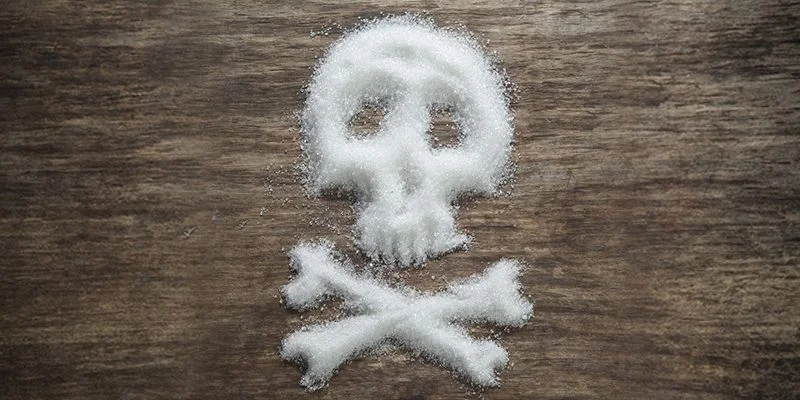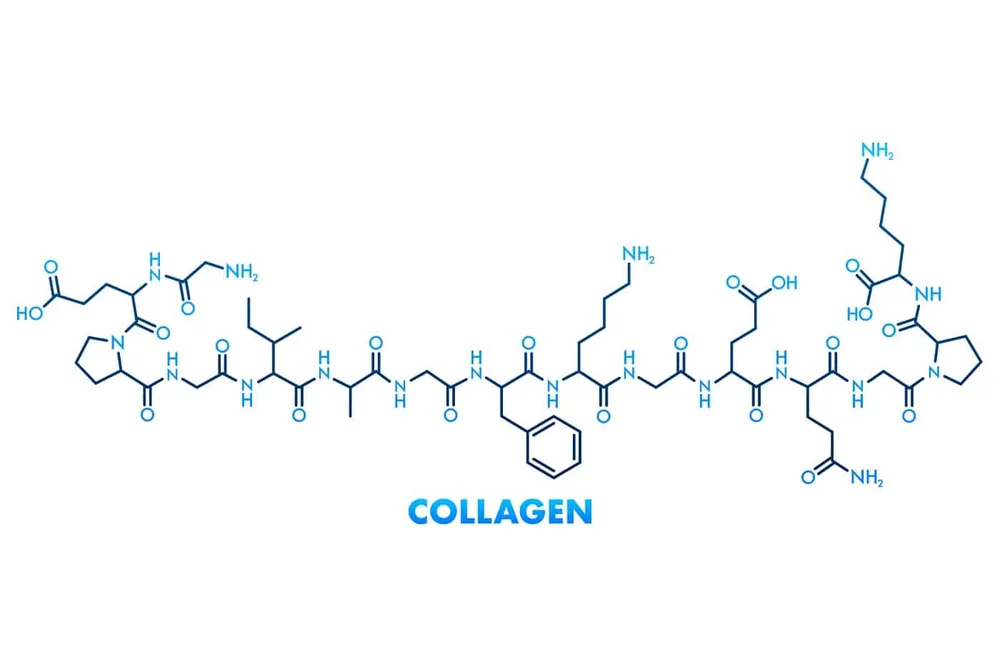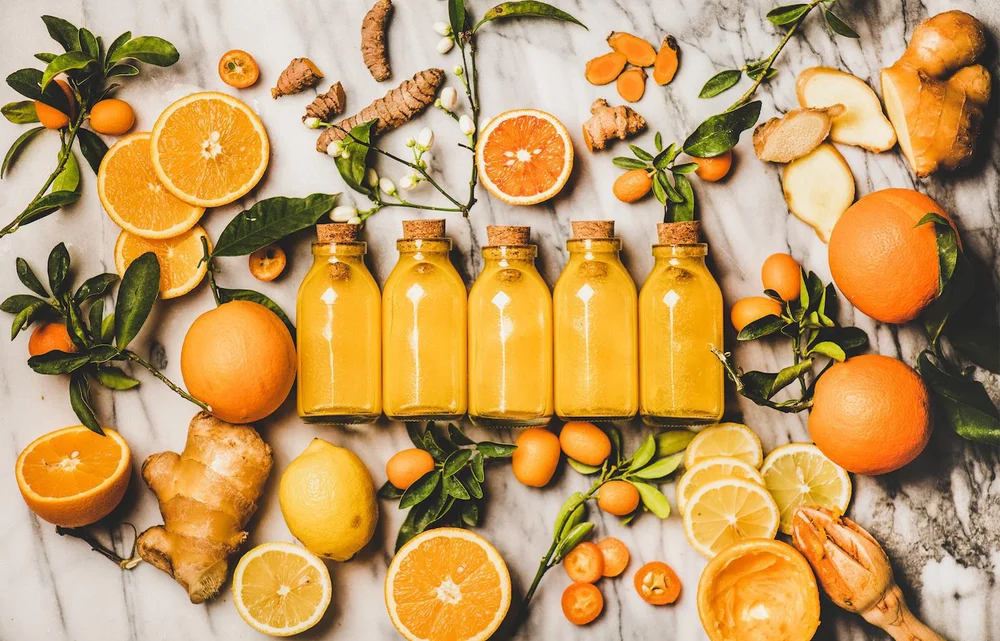Is Your Sugar Substitute Any Better Than Sugar
In an effort to provide sweet options to the people who choose not to eat sugar, food manufacturers, as well as good-intentioned but misinformed nutrition “experts”, recommend swapping sugar with natural sweeteners such as honey and maple syrup. Don’t believe the claims that these sweeteners are wholesome, healthy substitutes for sugar.
Whether it comes from a beehive, a maple tree, or any other natural source, sugar is sugar. Sure, these foods are often less processed than table sugar, so you may feel better about using them. But their effect on your blood sugar, insulin, liver, and cholesterol are the same.
If you like a little sweetness in your tea or smoothies, try stevia, which is a much safer option than sugar or artificial sweeteners. Stevia is an herb with leaves that are ten to fifteen times sweeter than sugar. You can buy stevia plants at nurseries or grow them from seed, and use
their leaves as natural sweeteners.
Many people refer to it as the “natural” alternative sweetener. However unless you are crushing stevia leaves and using them to sweeten your favorite drink, we’re not talking about a totally natural sweetener.
You can also buy stevia extract which is extracted from stevia leaves that are dried with a water-extraction process. It is refined using ethanol, methanol, and crystallization. The extract then goes through ultra-filtration and nano-filtration to remove those alcohols. Be sure the brand you buy has no alcohol remaining in it.
Stevia extract is as much as two hundred to three hundred times sweeter than sugar, so you need only the tiniest amount. If you use too much, you may taste its bitter licorice-like aftertaste. Use it sparingly until you get the hang of it. For many uses, you might try vanilla or chocolate-flavored stevia as it tastes less bitter if you happen to use too much.
Stevia (the leaf) has been used in South America for centuries and in Japan for decades. So far, there is no evidence that stevia is anything but safe. Some early studies (done with the extract) suggested that it might cause genetic damage in the people who consumed it, but the studies turned out to be flawed because the data were mishandled.
Stevia does not impact blood sugar levels the way sugar does, and it does not acidify the system the way toxic sugar substitutes do. There is some evidence to suggest that it may stabilize blood sugar levels, enhance glucose tolerance, and reduce blood pressure—but more research is needed to figure that out for sure.
If you take blood pressure medication or medication for diabetes, use stevia with caution. There is some evidence that it may act synergistically with these medications and could cause hypotension (low blood pressure) and hypoglycemia (low blood sugar).
You will find stevia to be the sweetener of choice in BrainMD Health food products because it has the least reported problems and the greatest reported health claims. Please note that stevia should be used in limited amounts, as it still keeps the taste buds hooked on the “sweet” taste of foods.
- Veterans Day: One Warrior Shares Some of the Best Ways to Heal from Trauma - November 2, 2023
- Could Your Mood Issues Be Linked to a Pain In the Neck? - October 13, 2023
- What’s At the Root of Your Sciatic Nerve Pain? - September 20, 2023




So good that people are learning that Stevia is really the only healthy sweetener.
My functional endocrinologist says that even the taste of sweet on your tongue can cause an insulin response. So, he says no sweet flavors at all if you struggle with insulin resistance until you get it under control. Thoughts on this?
Even though there is evidence that stevia stabilizes blood sugar and enhances glucose tolerance, it should still be used in limited amounts, as it keeps the taste buds hooked on the sweet taste of foods. Please follow the recommendations of your health care provider who is familiar with your circumstances.
Thanks much. Btw, I wasn’t asking as a personal health question, just about the taste of sweet, in general, as something that increases insulin, even if it’s stevia.
I use liquid stevia (Sweet Leaf brand Sweet Drops). I’ve read someone else’s research which says it doesn’t use that ethanol process.